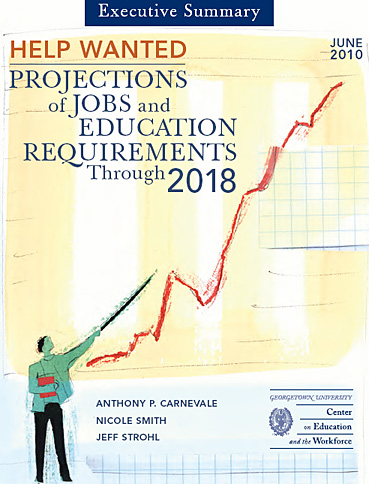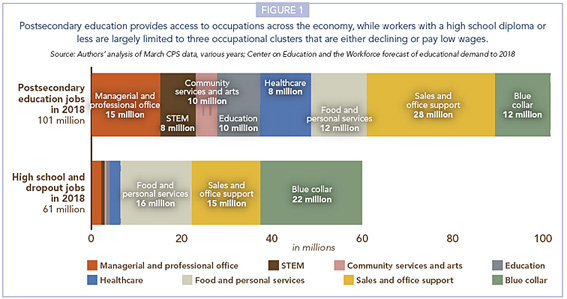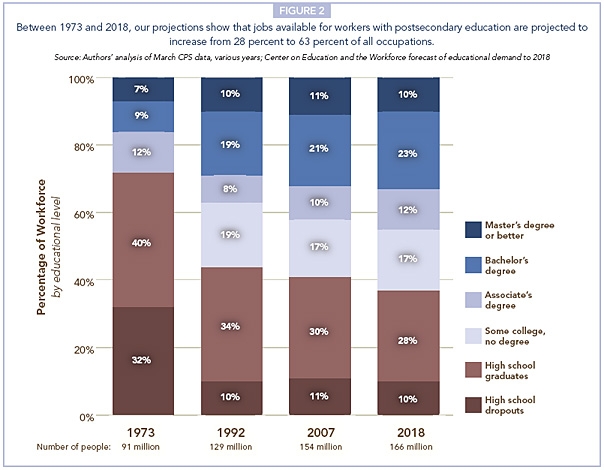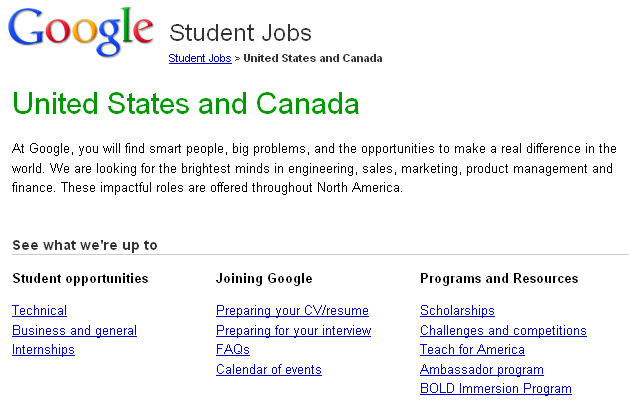Working in retirement: A 21st century phenomenon — from ASTD.org by Ann Pace
(From Families and Work Institute) — Working in retirement may still sound like an oxymoron, but not for long. Just as people in their twenties are now creating a new life stage of transitioning into the workforce, the generation of workers currently in their fifties and sixties is redefining the notion of “retirement.” Already today, one in five workers aged 50 and older has fully retired from his or her former career job but currently is working for pay in a new role, which we define as a “retirement job.” And this will soon become the “new normal” — fully 75% of workers aged 50 and older expect to have retirement jobs in the future, according to a groundbreaking new study by Families and Work Institute and the Sloan Center on Aging & Work.
“Working in retirement” is quickly becoming a new stage in career progression. Following the traditional path of early-, mid-, late-career employment, but prior to total withdrawal from work, this new stage is a bridge that tends to emphasize working by choice and for enjoyment.

















 As college graduates face one of the
As college graduates face one of the